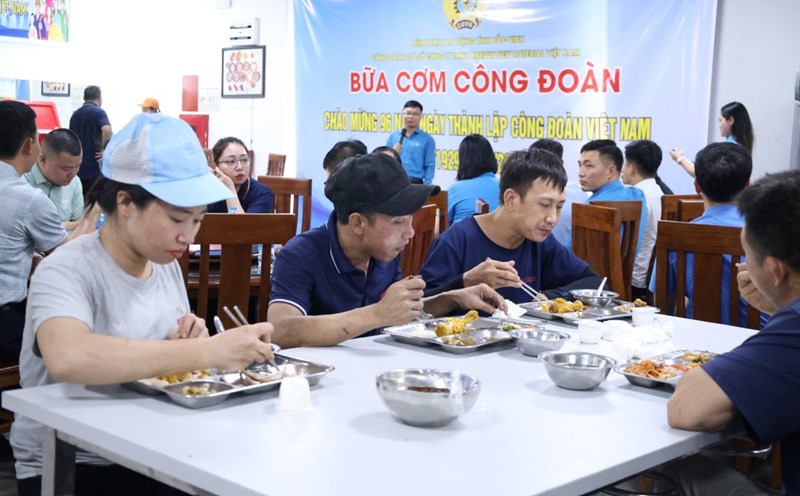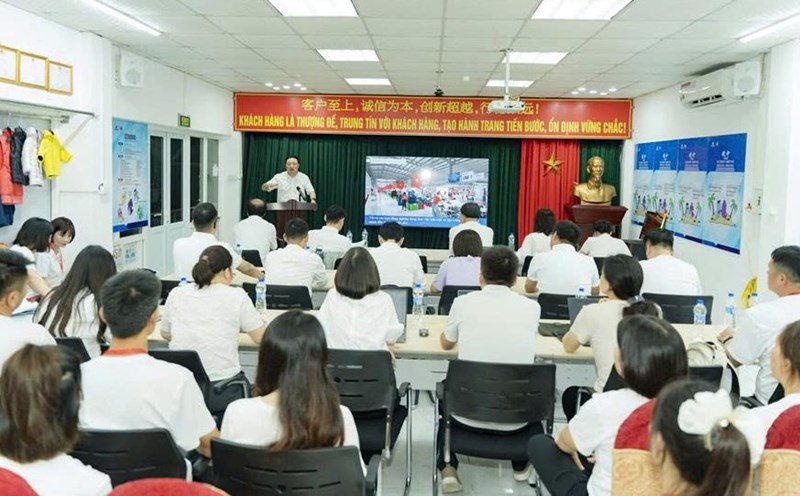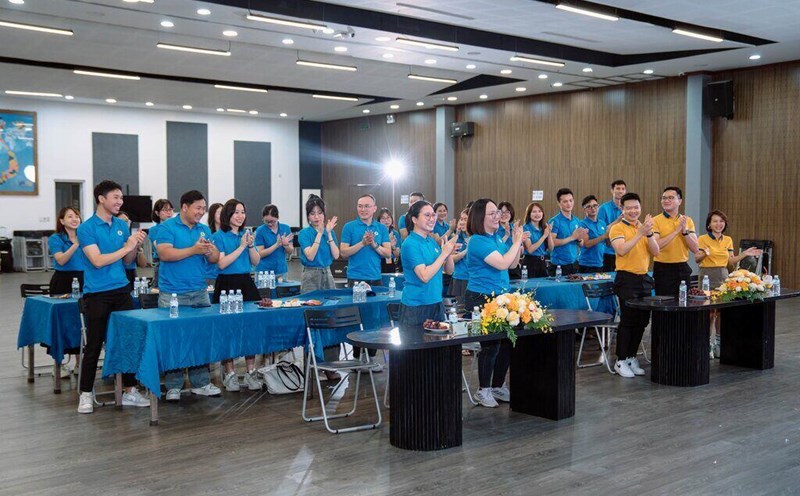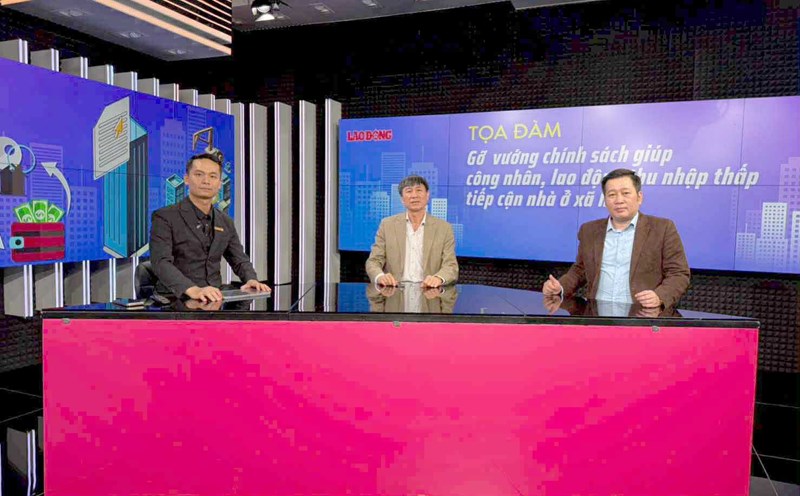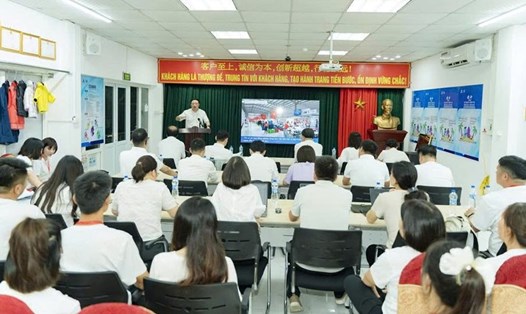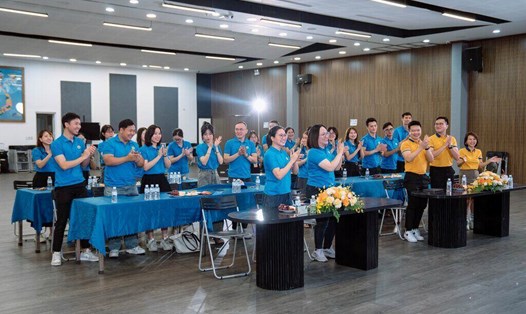According to Anphabe Company, today's working environment brings together 4 generations of working together: Baby Boomer, Gen X, Gen Y and Gen Z. This diversity brings both opportunities and challenges in building a corporate culture.
If understood correctly, effective connection and maximization of the potential of multi-generational human resources will create a positive, creative and sustainable working environment, while contributing to building an effective corporate culture with multi-generational human resources.
Understanding the characteristics of each generation
Each generation has its own values, views and working style. grasping the characteristics of each generation helps businesses create a suitable working environment, meeting the needs and maximizing the potential of each employee. These include:
Baby Boomer generation (born in 1946 - 1964): Hold a leadership role, promote loyalty, discipline and respect for one's rank.
Generation X (born in 1965 - 1980): independent, likes a balance between work and life.
Generation Y (born in 1981 - 1996):shared in learning, adapting to cooperation and using technology effectively.
Generation Z (born in 1997 - 2012): Wishing to be free, creative and promote personal values.
Creating connection and integration
A successful corporate culture with multi-generational employees is not simply about accepting differences but also about creating connections and integration between generations. Exchange programs, mentoring between generations, or multi-generational group work opportunities will help create understanding and mutual respect in the working environment.
Promoting innovation and creativity
With diverse approaches to work and perspectives, multi-generational human resources can be a great source of innovation and creativity in businesses. Creating a working environment where all opinions are listened to and evaluated is a way to encourage participation and contribution from all generations.
Respect and evaluate fairly
Regardless of age or working experience, all employees need to be respected and fairly evaluated. This can be demonstrated through the development of fair performance assessment systems and opening the door for advancement based on individual capacity and achievements.
Continuously learning and developing
Finally, building an effective corporate culture with multi-generational employees needs to pay special attention to continuous learning and development. Providing training and skills development opportunities not only helps improve work performance but also creates commitment and loyalty from employees.
Building a corporate culture with multi-generational employees is not only a trend but also a decisive factor for the success and sustainability of a business. When businesses have prepared in advance to face each generation, creating connections and integration, encouraging innovation and development, along with respect and fairness, businesses can create a positive and dynamic working environment for all generations of employees.

